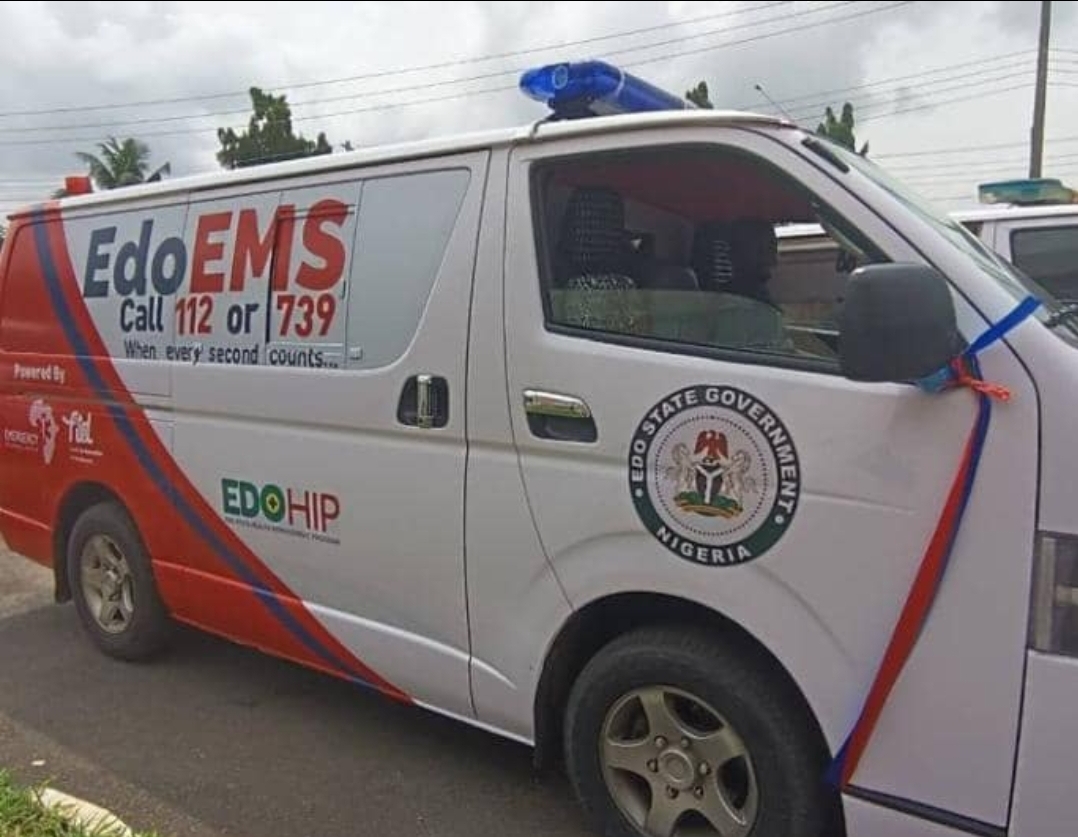By Osaiyekemwen Confidence
Edo State Governor, Mr. Godwin Obaseki, has ushered in a new era of emergency response with the inauguration of the first phase of the Emergency Medical Services (EMS) in the state.
This groundbreaking initiative provides residents with toll-free access to emergency medical assistance through the numbers 112 and 739, which are seamlessly integrated with the Solomon Arase Command and Control Centre. With a commitment to ensuring swift medical aid within ten minutes, the Edo EMS covers key areas including Oredo, Egor, and other strategically chosen locations in the state during its initial rollout.
In a significant move to bolster the program, 200 Community-Based First Responders (CBFR) are slated to undergo intensive training within the next week, marking the commencement of this vital service.
Addressing the CBFRs at the John Odigie Oyegun Public Service Academy (JOOPSA), Governor Obaseki underscored the significance of the Edo EMS in revolutionizing healthcare delivery in Nigeria. He emphasized the integral role of a well-coordinated emergency response system, highlighting the need for trained personnel, robust communication infrastructure, and sustainable funding mechanisms.
Reflecting on the state government’s proactive approach to healthcare, Governor Obaseki lauded the collaborative efforts that have culminated in the realization of the EMS project. He emphasized the importance of decentralizing healthcare services and strengthening primary healthcare systems to ensure comprehensive coverage and accessibility for all residents.
In addition to the EMS launch, Governor Obaseki reiterated the success of the state’s Health Insurance Scheme, boasting over 200,000 enrollees and a steadfast commitment to providing affordable healthcare for Edo residents.
As the Edo EMS takes flight, Governor Obaseki commended the dedication of the responders, acknowledging their pivotal role in safeguarding lives and ensuring the well-being of the community. With a shared vision of enhancing emergency care accessibility, stakeholders are poised to collaborate closely to uphold the fundamental right to timely medical assistance for all residents.
Representing Partner Emergency Response Africa, Folake Owodunni affirmed the organization’s commitment to the project’s success, outlining plans for comprehensive training and the deployment of essential resources to support the pilot phase across targeted regions of the state.
